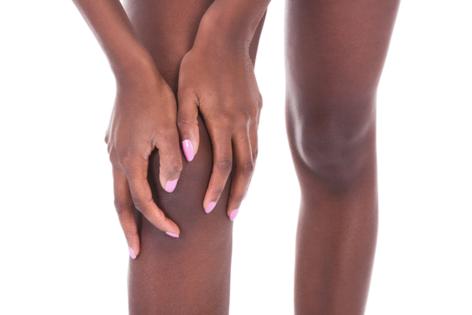Knees stiff with arthritis? This company is studying whether fat injections can improve motion
Published in Senior Living
DENVER -- A Louisville, Colorado, company is studying whether cells taken from patients’ fat could reduce knee pain and improve motion in people with arthritis.
GID BIO is conducting a phase 3 trial of a process that extracts fat from the patient, uses a chemical reaction to isolate cells believed to have regenerative properties and injects them into the patient’s knee.
Phase 3 trials typically follow hundreds or thousands of volunteers over at least one year to determine whether a treatment is effective and clarify what side effects it can cause, according to the U.S. Food and Drug Administration.
The trial isn’t enrolling patients in Colorado, but if the process gets FDA approval, doctors offices could easily adopt it here and around the country, said William Cimino, CEO of GID BIO.
While fat tissue may not appear interesting at first sight, it includes several types of cells, including ones that help rebuild connective tissue and blood vessels, Cimino said. Those same cell types are available elsewhere in the body, but they are highly concentrated in fat, and most people don’t mind giving up a bit of that particular tissue, he said.
Studying cell-based therapies in arthritis is difficult because people tend to report significant relief from placebos, creating a challenge in sorting out whether they experienced relief from the treatment because they thought they would, said Dr. Cato Laurencin, CEO of the Cato T. Laurencin Institute at the University of Connecticut, who studies fat-derived therapies but isn’t affiliated with the GID BIO trial.
That said, studies taking different approaches have shown indications that some of the chemicals produced in fat can help with tissue regeneration, he said.
“There is absolutely tremendous potential,” he said.
People think of the breakdown of cartilage — the cushion between bones — as what’s causing their arthritis, but often that’s not the most important factor, since bone and connective tissue also break down, Cimino said. Cartilage can’t regenerate, but the bones themselves and the tendons holding them together can, he said.
Patients wouldn’t see any difference in images of their knees after the injections, but have reported reduced pain and better functioning in the smaller studies before the current trial, Cimino said.
“This is unquestionably a cellular-level repair,” he said.
_____
©2024 MediaNews Group, Inc. Visit at denverpost.com. Distributed by Tribune Content Agency, LLC.







Comments